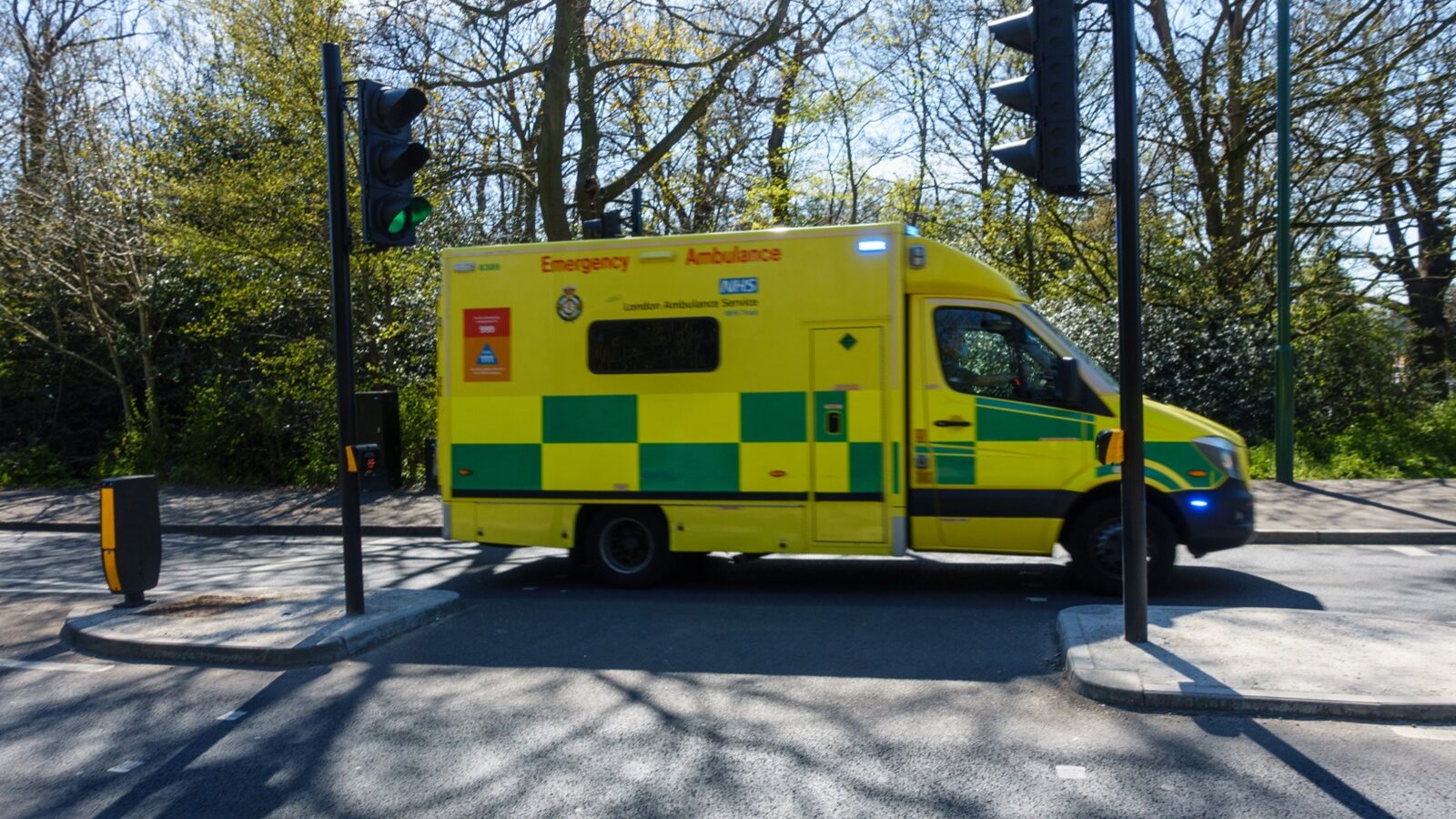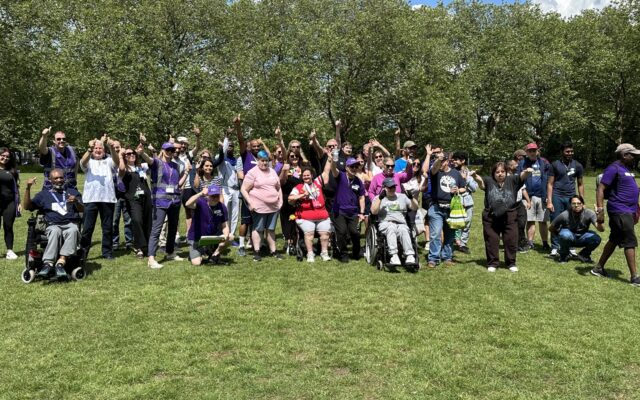When Elliott developed epilepsy, it arrived like a thunderbolt. Of course, we’d always known that profound autism and learning disabilities walk hand in hand with epilepsy, but he’d nearly reached 16 without any seizures. Maybe we had dodged that bullet?
That naivety was obliterated one spring day in 2021 when my wife phoned me at work.
A poor connection meant I kept losing her voice and the only word I could make out was “ambulance” – enough to know that I had to drop everything and rush home. There I discovered two ambulances, three paramedics and one very bewildered, barely conscious Elliott.
He’d just suffered his first tonic-clonic seizure. It would be far from his last.
Over the next three years, we learned to live with epilepsy. Learned that some days are good and others are plagued by seizures. Learned that sometimes Elliott would collapse without warning and take hours to recover. Learned that most of the time his medication would control his seizures but that sometimes a big one would still break through.
And so it was, after a big one on a grey afternoon in January, that Elliott and I found ourselves heading to A&E.
The health service is run so hot that it had no capacity to accommodate Elliott in a way that might have resulted in a more successful visit
Taking Elliott to hospital is not something we ever undertake lightly. The strange sights and sounds of this environment are overwhelming for him at the best of times and the hours following a seizure are certainly not those. But maybe we could get in quickly, have a few tests run to rule out anything sinister and get home in time for bed.
Such thoughts lasted as long as it took the automatic doors of the waiting room to slide open. Not a single empty seat. Barely an empty space to sit on the floor. This promised to be a disaster, and so it proved to be.
Twenty hours in A&E
We left hospital some 20 hours later, without a meaningful test having been completed but with a lot of distress caused to Elliott.
He dealt admirably with the initial triaging but by the time we saw a doctor – around six hours after arriving – he was more than ready to go home. He may not be able to talk but he can grab my car keys and hold them in front of my face; what more communication do you need?
In many ways, I wish we’d just called it quits in that waiting room and chalked it up to just another crazy day on planet epilepsy.
But, after waiting so long, I felt like we should achieve something, even if it was just a few basic tests. But even those proved elusive. He wouldn’t tolerate an ear thermometer. A nasal swab was batted away long before it got a sniff of a nostril. Blood tests were impossible, no matter that he’d had a sedative and a nurse on each limb.
As a result, we left hospital the next morning with nothing to show for our time except a sleepless night. We’d got no further along the road of establishing if this seizure was just a quirk of epilepsy or something else.
It goes without saying that there were people in that waiting room having far worse nights than me and Elliott. And in no way would I criticise the doctors and nurses who were clearly rushed off their feet and manning every available bed.
No capacity
But it does frustrate me that the health service is run so hot that it had no capacity to accommodate Elliott in a way that might have resulted in a more successful visit.
It is admirable that accommodations for people with learning disabilities have become more visible and widespread (a long, long way to go of course).
However, it feels wrong that Elliott can get an exit pass to ride a roller-coaster and wear a sunflower lanyard to get support in a shop but healthcare feels almost purposely inaccessible to him.
On this occasion, he returned home in one piece. But, if every hospital trip is so fruitless, will he always?





